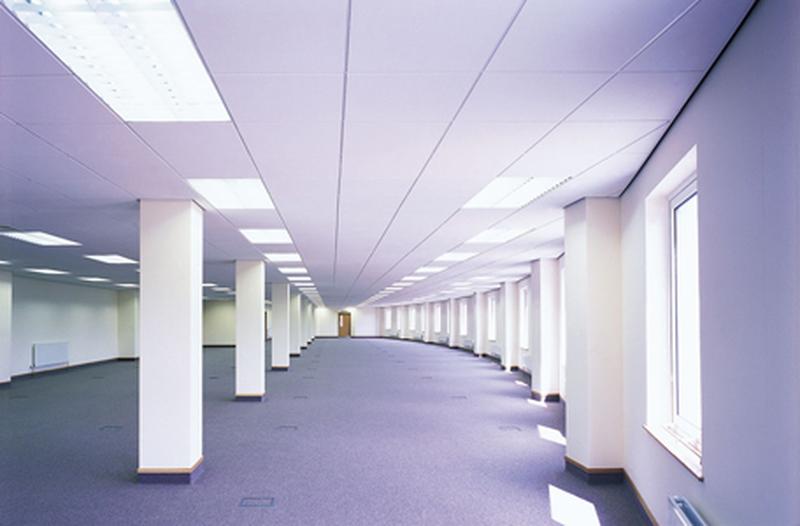Office rents in Dublin are expected to fall and vacancies rise as occupiers rethink their post Covid requirements to reflect more employees working from home, and in cases fewer staff requirements.
Large employers in Dublin “will no doubt seek to establish more permanent remote-working protocols and structures,” Deloitte Ireland says. With office employees now working remotely for almost six months, the impact on office occupier activity is worse than anyone anticipated in March.
Some offices would become “destination workplaces” used primarily for client and staff engagement, training programes, and the most “collaborative” elements of work, according to a recent report by Deloitte. Dublin Mail Drop recently wrote in a post in July that “The reason you are not back in the office, is because of this pandemic, but this pandemic has only fast forwarded the purposeless of the traditional office.
Around Baggot Street, large offices, are still generally empty, from banks, insurance, tv, internet companies along with well know IT firms. Just in a half mile radius from our Baggot Street offices, all the empty offices equates to thousands, if not tens of thousands of workers. The lack of these workers have devastated local business, especially retail – restaurants, coffee shops, newsagents, dry cleaners, barbers etc. Personally I think the effects of this pandemic are worse for physical office space and retail, than during the 2008 banking crisis. It boils down to a two thronged effect, firstly offices are generally empty around the city, especially for larger firms, secondly as firms learn how to embrace remote working, this will lead for less requirements for employees, thus leading to higher unemployment and finally the negative knock on effects of empty offices and higher unemployment is catastrophic for all types of local retail.
One doesn’t need to know, with office vacancy at a massive rate this year and also increasing going into 2021, this will lead to a huge plunge in commercial property values and as a result rental values.
In their report, Deloitte said demand should weaken as occupiers “consolidate existing offices and reduce commercial footprints”. “This will ultimately reduce headcount … as more flexible working practices for staff become the norm and companies seek to reduce what is a large operating expenditure, reducing floor space requirements,” Deloitte said. Deloitte failed to mention the huge demand in the last few months for flexible office space, including serviced offices, with flexible terms and also co working space along with virtual offices combined with meeting room and office facilities.
Remote working is here to stay and as mentioned above in a full time basis or combined with shorter times in the office. Back in July, the Irish Government encouraged full time remote working. Minister of Enterprise, Trade and Employment, Leo Varadkar, tweeted about setting up his new home office. He remarked “The Government wants remote working to become part of the new normal. If done right, the benefits will be huge: reduced business costs, better work-life balance, espcially for parents, less traffic, lower emissions and time saved on the commute.”
Google have recently announced all their global workforce can work remotely not only in 2020 but all the way into 2021. The large firms are leading the way in remote working. The pandemic has really shown companies the necessity of certain staff and the obvious non necessity of other staff.
Over the past few months employees and employers quickly figured out how to work from home. When the pandemic subsides, remote working will remain popular with professionals, mostly because of childcare and avoiding a long commute. Remote working will also become popular with employers due to the massive cost savings in renting office space. As a result commercial property will no longer be a good investment and rents and rates will drop considerably over the next 24 months. Covid-19 has made it clear to companies that the huge spread of real estate on their books might not be the best way to spend their money.
Despite such offers, many firms are “unwilling to commit to long-term leases in the current climate”, CBRE said, in part because firms are “unsure of their future headcount”. It said some office occupiers have renegotiated rental terms to their advantage while others have begun “looking to sublet excess office accommodation in recent weeks”.
As mentioned in previous posts, the traditional office is dead and the end of the traditional office, probably has being fast forwarded due to the pandemic. However the office in it’s entirety is not totally finished, but it will be more part time, as remote working is embraced, leading to a huge decrease in square meter requirements. The huge decrease in footfall in the city along with online, will result in a huge amount of current retail businesses, becoming non viable. The government and business, needs to plan for the future of Dublin, as business, technology, offices and retail are changing at such a vast rate, it is changing by the month.
